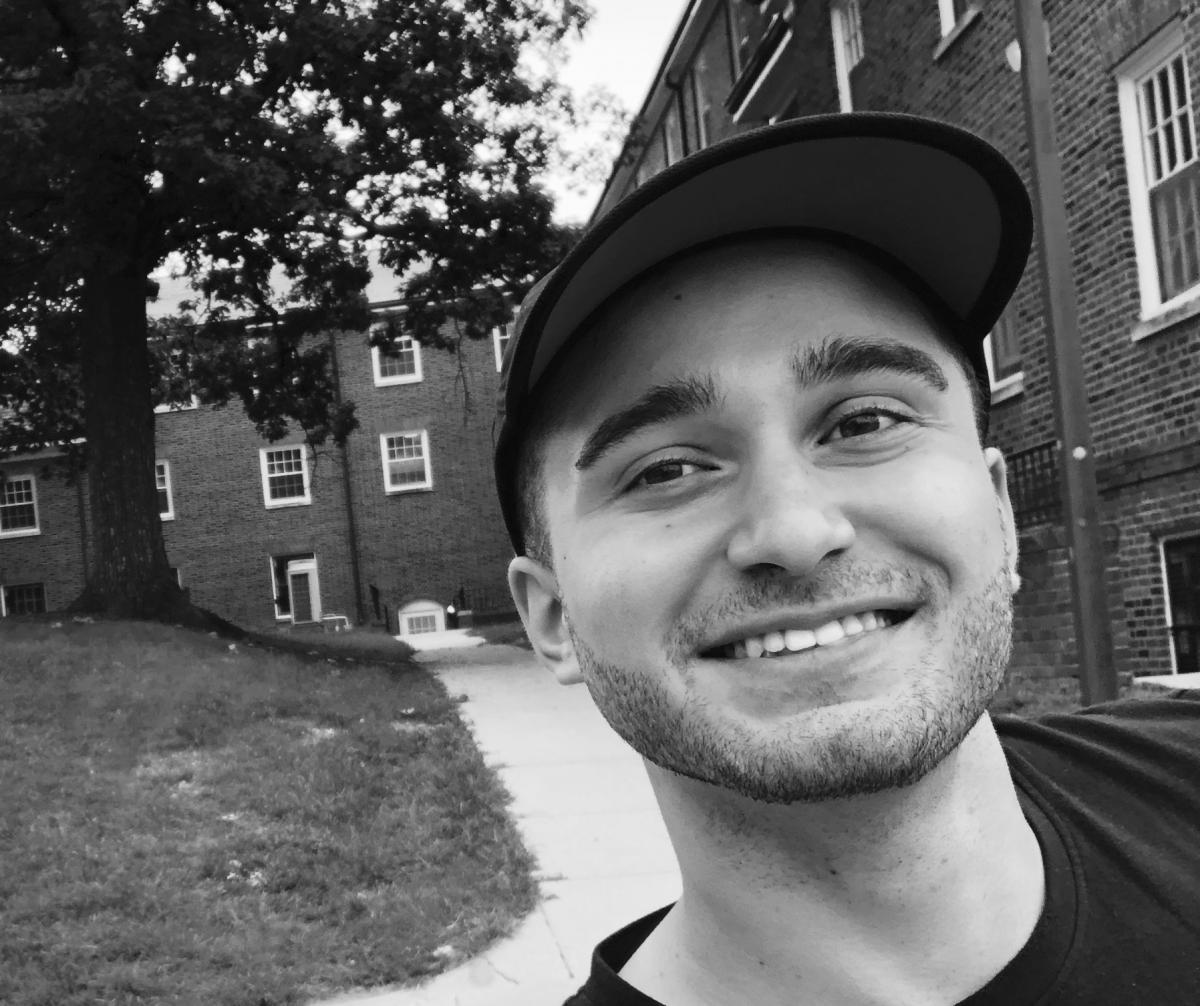 How did you become interested in filmmaking?
How did you become interested in filmmaking?
I grew up loving action-adventure and martial arts films like Pirates of the Caribbean and those of Jackie Chan, and decided I wanted to become a filmmaker almost immediately after viewing The Good, the Bad, and the Ugly in the sixth grade. I watched the special features for all of my favorite films, took a community college course on film in eighth grade, and was fortunate that my high school offered International Baccalaureate film courses. I entered the Film Production Program at Rochester Institute of Technology, trained as an Assistant Director in the Morocco unit for Billy Lynn’s Long Halftime Walk the summer after my Freshman year, and then decided to continue working in film while studying the social sciences.
What films have been the most inspiring/influential to you and why?
I used to love films purely for the action sequences, music, and visuals. When I was very young I loved Jackie Chan, historical Chinese epics like Hero, and The Lord of the Rings and Star Wars films. Obviously The Good, the Bad, and the Ugly had a profound impact on me, and I think it was because it was the first film I watched without a clear hero, and the music, visuals, and story all came together so cohesively. I also always loved the aesthetic of film noir, with the image perpetually obscured by shadows. My favorite film from the last few years is Na Hong-jin’s The Wailing, which combines gorgeous visuals with a hapless protagonist, and genre-bending horror.
Was there a particular event/time that you realized that filmmaking was not just a hobby, but more?
I never intended to pursue filmmaking as a hobby. It is time-consuming, expensive, and requires the coordination of many people over weeks or months.
What are (personal or professional) attributes that make a good filmmaker?
I can give two general traits, but more experienced filmmakers might have a different list. Number one is dependability. On any given day of filming, everyone on a set is dependent on everyone else to show up on time, be prepared, and ready to be constantly on call. This goes for whatever your job is, from grip to lead. Being late, leaving equipment at home, or wandering off can ultimately waste a lot of other peoples’ time and money. Number two is flexibility. Nothing is going to go exactly as planned, and the key to a good final product is the willingness and ability to adapt on the fly. The reason you don’t see the shark for most of Jaws is that the rig was broken, and that became one of the most effective elements of the film.
For this Grad Student Stories film project, was it harder to get started or to keep going?
On this particular project, getting started was very easy, but the last stretch was a struggle. I love the spitballing and planning process every time, but would never recommend to anyone to edit sixteen videos in the same format in a row. I think for bulk orders like this, multiple editors is a must.
How did the shoestring budget alter your thinking/process for this project?
I am not so sure it altered my thinking, as I have never worked with a large budget for a project I was directing. However, micro-budget projects can be exhilarating, as you never want to compromise quality. It also streamlines the process, as certain options are not feasible right away. It is always easier to make decisions when there are more restrictions on you.
What advice would you give to someone who might wish to do a similar project?
For anyone who is doing a longer interview series, I would recommend splitting the production and post-production among multiple people, always having a backup interior location in case of rain, and checking to see if there will be any sources of loud noise such as construction on the day of filming.
People have done similar projects like this before (elsewhere). What do you do to keep it fresh this time?
I think the main way I tried to mix things up for this project was by taking the time to scout relevant locations around campus. Most video series like this that I have seen have a plain white background or green screen, which becomes boring very quickly if watching multiple videos. Hopefully, the visual variety worked.
Did you think in this project you had to tell a particular story or not?
As an interviewer, I viewed my job as soliciting the best relevant stories from the graduate students, and then compressing them down, and livening up the presentation in post-production. Each student had their own personal story, and I had to remain faithful to that in the position of a middleman between them and the audience.
Any final lessons from this project?
Apart from those I have talked about above, I wish I had checked with relevant departments and programs sooner for stock footage I could use, and there was something of a treasure trove in some of them, which I did not cut in until the very end.
The full series of films can be seen here.
Graduate Student Stories Film Project photo diary.
(Photo credit: Anna De Cheke Qualls)
